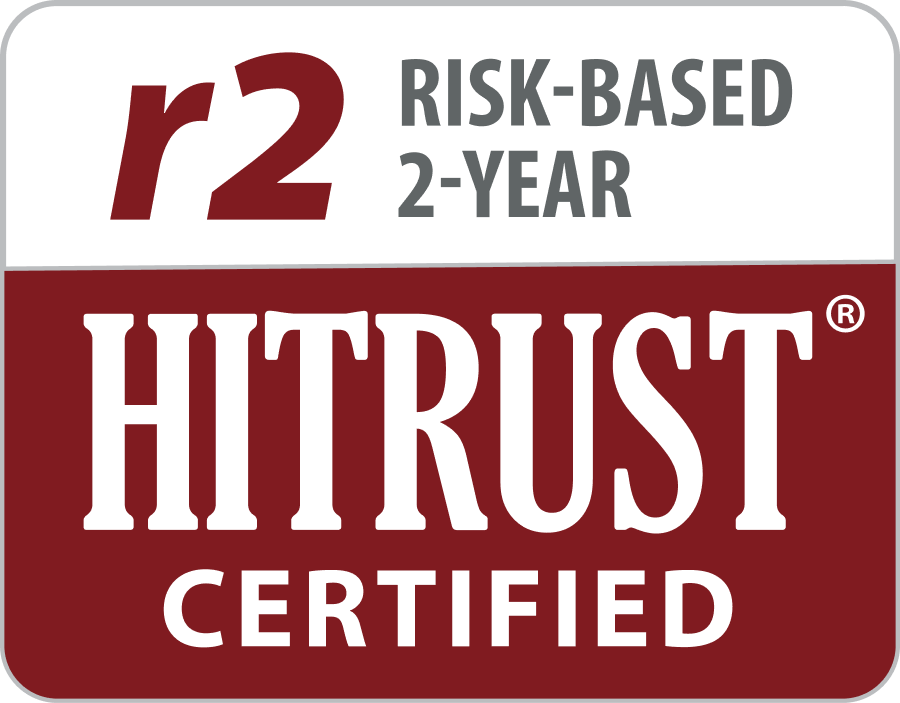As required by CMS, each state is developing its plans for the 12-month unwinding period in anticipation of the end of the public health emergency (PHE). On October 13, 2022, the U.S Department of Health and Human Services announced the renewal of the PHE, extending it an additional 90 days. The renewal will allow states and plans more time to prepare for the unwinding period, but once the PHE ends, redetermination processes will quickly commence. The Biden administration stated it will provide 60 days’ notice prior to the end of the emergency declaration period. Even with the anticipated notice, states and plans should act now to ensure readiness for the unwinding period.
The unwinding period is the period in which all states are required to initiate Medicaid renewals, post-enrollment verifications and redeterminations for all individuals enrolled in a state’s Medicaid program. Each state’s unwinding period may be different. A state’s unwinding period must begin no later than the first day of the month following the month in which the health emergency ends, but may begin up to two months prior to the end of the month in which the public health emergency ends. Additionally, CMS provided four risk-based approaches states may select, which means processes will vary between states. Plans operating in multiple states must be prepared to accommodate varying unwinding periods and processes.
Medicaid managed-care plans play an essential role in supporting and assisting state and Medicaid beneficiaries in responding to requests for information, ensuring continued coverage for eligible beneficiaries, and helping individuals determined that no longer qualify for Medicaid understand coverage options. However, plans cannot act alone in this effort and must be prepared to work with the state to execute strategies and processes to assist with redetermination efforts.
Actions you can take now
- Review existing, and monitor for new, state communications regarding the process the state is planning to execute
- Analyze the impacts on your plan based on the process the state intends to follow
- Develop state-specific action plans in preparation for executing state-specific processes
- Utilize data analytics to identify high-risk individuals and incorporate outreach and assistance plans that will ensure continuity of coverage for vulnerable individuals
- Develop a comprehensive communication plan, taking into consideration language, cultural, social, and emotional needs and behaviors
- Prepare to manage higher-than-average volumes of D-SNP members who fall into the deeming period while awaiting Medicaid redetermination
- Prepare data systems and reporting teams for new CMS monthly reporting of redetermination efforts, status and outcomes
- Develop strategies and processes for how the plan will support efforts to reach members and assist with completing the redetermination process
- Develop call center plans to manage higher call volumes and equip staff with necessary information to assist members, including understanding the redetermination process, responding to redetermination requests, and accessing additional assistance available
- Prepare outreach plans, including obtaining state approval if required
- Analyze staffing impacts and develop staffing plans
- Outreach to state departments to identify ways the plan can help support the state’s redetermination efforts
Communication plan considerations
- Obtain and/or verify current contact information
- Accommodate member communication preferences, e.g. email, text messaging
- Send multiple reminders
- Utilize multiple methods of outreach
- Update IVRs and web portals with messaging to help educate members
- Engage your provider networks to help with communication efforts
- Use care coordinators and case managers to communicate redetermination information and assist members
- Partner with community resources and events
- Help make the process understandable and easy
- Listen to members and communicate in a way that develops and supports trust
- Anticipate member needs and incorporate various communication strategies that meet members’ unique circumstances
- Keep in mind special considerations for dual-eligible members:
- High-needs population
- Higher risk for disruption of care due to loss of coverage
- May have more difficulty receiving and/or responding to requests for action and information
Contact us to learn more about how ATTAC’s experts in Medicaid operations, technology, compliance and project management can help your plan prepare for Medicaid redetermination.

